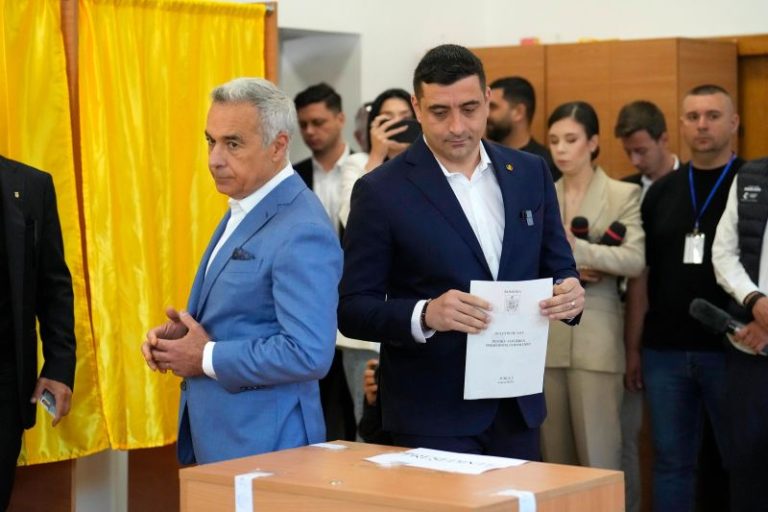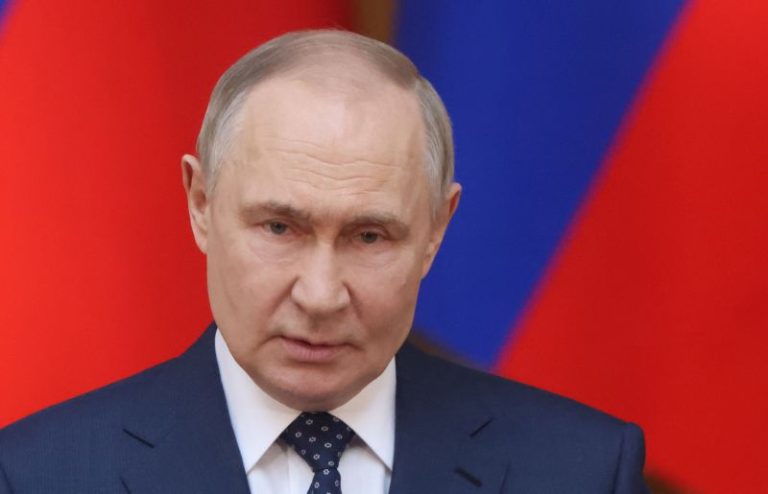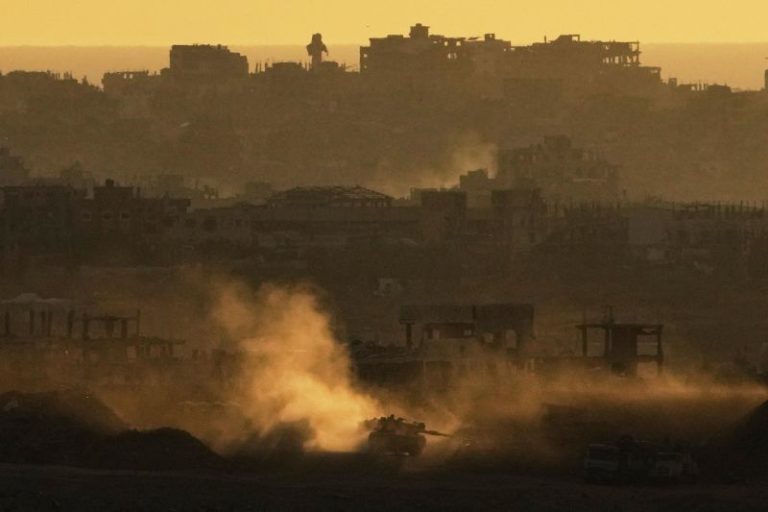Eurosceptic George Simion appeared on course for victory in the first round of Romania’s presidential election re-run on Sunday, exit polls showed, after a ballot seen as a test of the rise of Donald Trump-style nationalism in the European Union.
The polls showed former senator Crin Antonescu, 65, and Bucharest Mayor Nicusor Dan, 55, roughly tied in second place at about 21-23%, behind Simion’s 30-33%.
Exit poll data does not include the sizable vote of Romanians abroad, where Simion and Dan are popular.
Simion, 38, opposes military aid to neighboring Ukraine, is critical of the EU leadership and says he is aligned with the US president’s Make America Great Again movement.
“This is not just an electoral victory, it is a victory of Romanian dignity. It is the victory of those who have not lost hope, of those who still believe in Romania, a free, respected, sovereign country,” Simion said after the exit polls were published.
His victory, in a runoff due on May 18, could isolate the country, erode private investment and destabilize NATO’s eastern flank, where Ukraine is fighting a three-year-old Russian invasion, political observers say.
“Let’s be cautious about the exit poll results … because they are without the diaspora’s (votes). So, let’s wait for the exact vote count that will come later tonight,” Dan told supporters.
Sunday’s vote came five months after a first attempt to hold the election was canceled because of alleged Russian interference in favor of far-right frontrunner Calin Georgescu, since banned from standing again.
Simion voted alongside Georgescu, who called the election a “fraud” and urged people to take their country back. As dozens of people thronged outside the voting station chanting “Calin for president,” Simion said his vote was “to restore democracy.”
“It’s possible the diaspora vote will be enough to push Dan into the run-off,” said Sergiu Miscoiu, a political science professor at Babes-Bolyai University. “But Dan may have a harder time against Simion.”
Eastern flank
Simion is not the only MAGA-style politician seeking election in central Europe. Karol Nawrocki, the presidential candidate backed by Poland’s main nationalist opposition party in a presidential election on May 18, met Trump this week.
If elected, they would expand a cohort of eurosceptic leaders that already includes the Hungarian and Slovak prime ministers.
“Romania and Poland are two important countries for the United States,” Simion told Reuters on Friday.
“We represent partners and we represent allies, both military and politically, to the current (US) administration. This is why it is important for MAGA presidents to be in charge in Bucharest and Warsaw.”
Romania’s president has a semi-executive role that includes commanding the armed forces and chairing the security council that decides on military aid.
To date, Romania has donated a Patriot air defense battery to Kyiv, is training Ukrainian fighter pilots and has enabled the export of 30 million metric tons of Ukrainian grain through its Black Sea port of Constanta since Russia’s invasion.
The country’s president can also veto important EU votes and appoints the prime minister, chief judges, prosecutors and secret service heads.
The Trump administration has accused Romania of suppressing political opposition and lacking democratic values after November’s election was canceled on what Vice President JD Vance called “flimsy evidence.”










